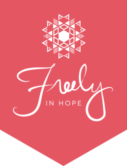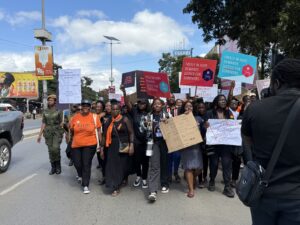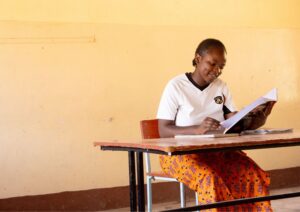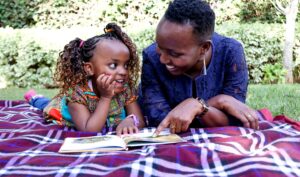I in 3 women are survivors of sexual assualt worldwide.
At Freely in Hope, we stand with survivors of sexual violence by raising awareness to support survivors in the best way possible—whether they be our family members, friends, colleagues, or community members. We can promote holistic health for survivors in four ways:

A holistic approach ensures that all parts of us can thrive after experiencing trauma. We hope that this resource can help you support survivors wherever you are. For survivors in our community, we hope you experience healing, feel support from us as your community, and experience a thriving life after sexual assault.
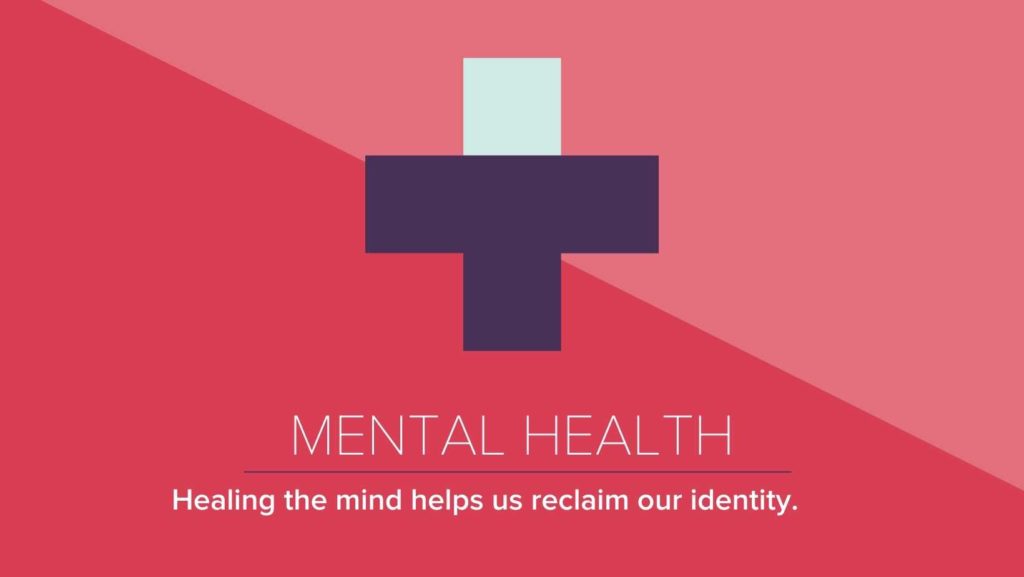
Sexual assault affects the psychological health of survivors causing behavioral changes. These are some ways psychological effects can show up:
Post-traumatic stress disorder: Survivors may struggle with nightmares or flashbacks that cause destabilization.
Depression: Survivors may experience persistent sadness or loss of interest in things that bring joy.
Eating disorders: Survivors may develop eating disorders as a coping mechanism that helps them cope with intense emotions after trauma.
Dissociation: Survivors may feel like they are watching themselves live outside their bodies. This coping mechanism protects them from connecting with their physical body that experienced the trauma. Disassociation often distorts the survivor’s perspective of themselves because of their sense of disconnection.
To strengthen mental health, try these practices:
- Therapy will give survivors a space to process what happened, undo harmful thoughts and self-talk, and notice what will help you move forward. Having someone to talk to can help survivors feel supported and not alone. Looking for a therapist? Check out Inclusive Therapists.
- Survivors can find enjoyable practices, hobbies, or activities that help them feel connected to themselves.
- For survivors: be kind to yourself as you’re on the healing journey.
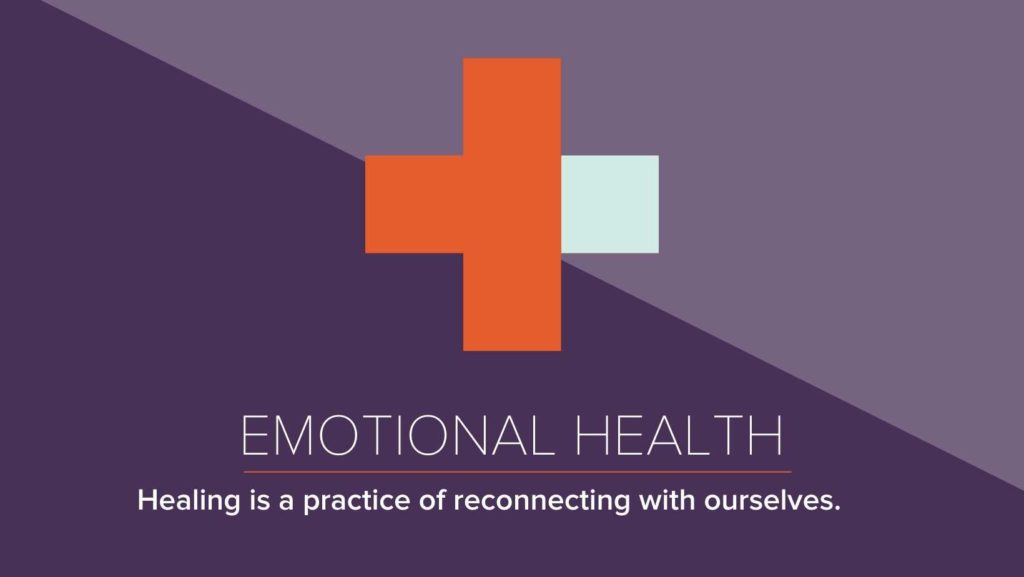
From survivor to survivor, the effects of sexual violence may look different for every experience. Sexual assault may affect survivors emotionally in terms of how they feel about themselves such as:
Shame: “My body is dirty because I was touched without consent. I hate my body. I don’t like myself.”
Self-blame: “It’s my fault that the assault happened to me. I was assaulted because of how my body looks, how I walk, and how I speak.”
Guilt: “I should have done something different. I should have fought back. I shouldn’t have been in that place.”
To promote emotional health, here are some helpful practices for survivors:
- Breathing exercises. Intentional breathing helps to regulate emotions after a difficult experience, memory, or trigger. The body keeps count of the trauma which creates tension and stress. Because trauma may make survivor’s feel like they’re suffocating, doing breathing exercises can help the body feel lighter at that moment. Try this breathing exercise called the Butterfly Hug.
- Journaling. After facing assault, survivors may get stuck with overwhelming voices about the incident. Having a safe space to process what they’re feeling on a daily basis will help release any tension. The simple and private practice of journaling can provide a moment for the survivor to process what they’re experiencing in real-time. We love Rupi Kaur’s self-guided journal, Healing With Words.
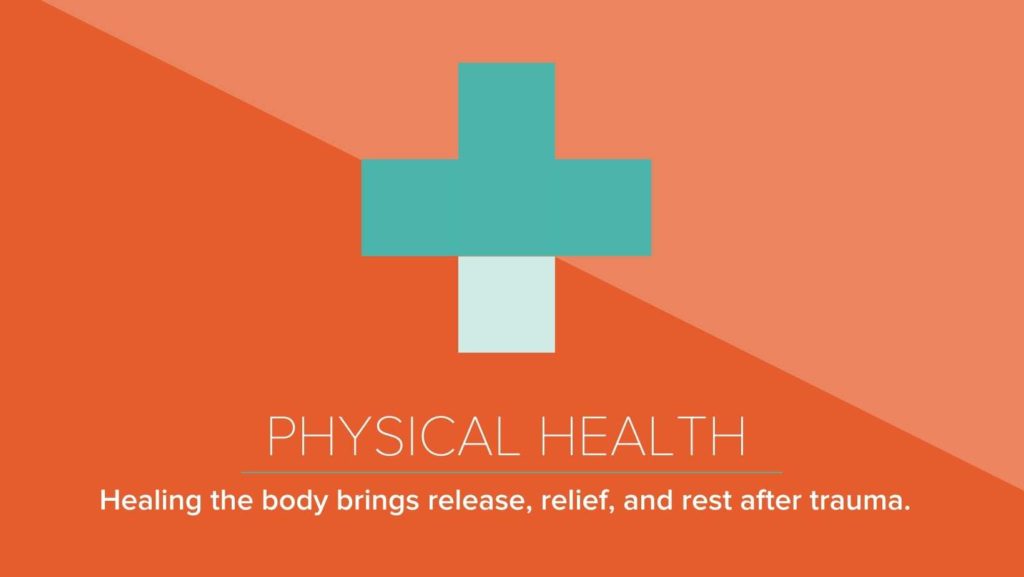
After experiencing sexual assault, survivors may experience issues with their physical health. The body keeps count of the trauma and trauma that is not processed will show up and affect the body. These are some ways that physical effects show up:
- Chronic headaches
- Digestive problems
- Extreme fatigue
- Sexual dysfunction
To promote physical health, you can support survivors by:
- Validating their physical pain. What the survivor feels in their bodies because it is a manifestation of pain that needs healing. Encourage them to reach out to a healthcare professional to get the adequate care needed during the healing process.
- Moving your body with them. Anger or grief may be associated with the traumatic incident, causing the mind and body to hold stress. Rhythmic, body-based movements like exercise, walking, yoga, and dance can provide space for the body to release anger and grief.
- Holding grace. The effects of sexual assault may show up in different ways. Be kind, patient, and understanding with survivors as they move through their healing journey.
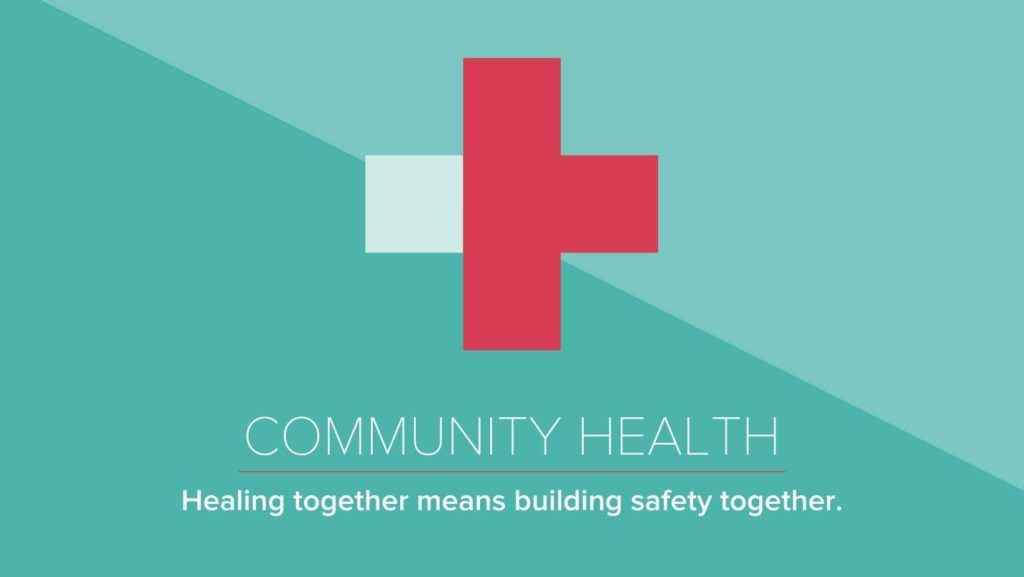
After experiencing sexual assault, the connection between self and everyone else may feel rocky. Survivors may experience feelings of helplessness, fear, and lack of safety because they do not know where the harm would come from. These feelings may affect behavior and show up in ways like:
Isolation: “It is safer to be in my own space. I do not trust anyone; no one understands how I feel. I will be in control of what happens in my space now.”
Anger: “Why didn’t anyone do something about what happened?”
Rejection: “I’m tired of people feeling pity for me. My community makes me feel stuck in my trauma instead of uplifting me.”
A supportive community will help survivors reconnect with themselves and look forward to life after sexual trauma. However, your community might not know how to support survivors, so community awareness and education are critical. Healing together means building safety together. Here are a few ideas to promote community health:
- Listen to the needs of the survivor to help loved ones show up in ways that the survivor will receive.
- Provide access to therapy for survivors to help remove any socioeconomic barriers. As an advocate, access therapy for yourself to process the secondary trauma you may experience as a supporter. Access a therapist.
- Promote holistic health in your community space by putting up these posters on your walls. Talk about these essential concepts with your families, staff, and community members.
- Host community awareness events to help survivors realize that the community they are connected to is safe, caring, and supportive. We do not need to heal from our pain alone.
Let's Empower Survivors of Sexual Assault to Thrive
Your donation will help survivors thrive through high school and university scholarships, mental health support, safe housing, healthcare, and leadership development.
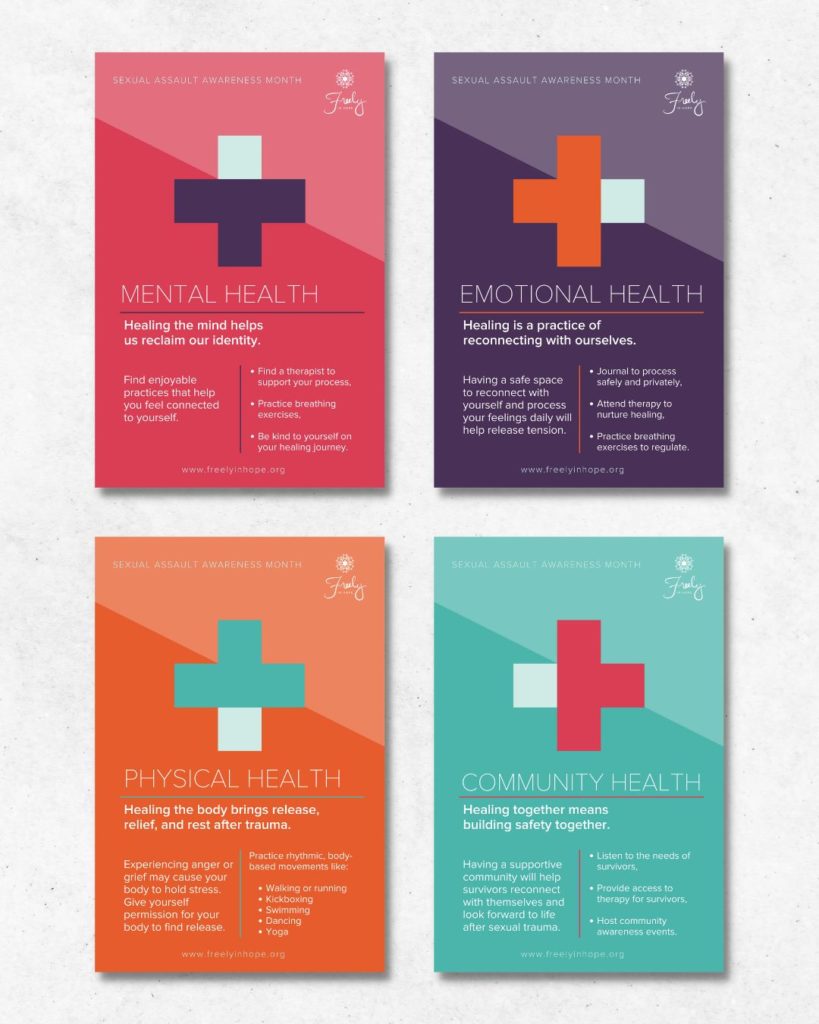
DOWNLOAD THE FREE POSTER SERIES
Whether you’re an organizational leader, pastor, or friend of survivors of sexual violence, we are grateful that you’re exploring ways to support survivors in your community. Download our “Holistic Health for Survivors of Sexual Assault” poster series and put them on your office walls as a reminder of ways to support survivors in your community.
You have Successfully Subscribed!
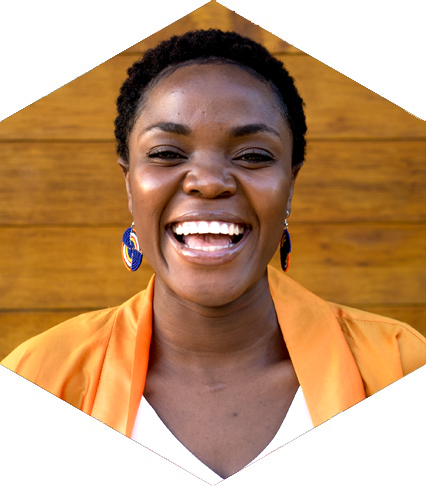
Jean Nangwala is a singer, speaker, survivor-advocate, creative content producer, and lead storyteller at Freely in Hope. She was born and raised in Lusaka, Zambia. Her passion for social justice stems from her personal experience of injustice and witnessing the same inequality across the globe. She has an undergraduate degree in Psychology and a minor in Media Studies. Through her experiences, she has witnessed the gravity that broken systems can have on the lives of the vulnerable. Her passion is empowering women to come together and alleviate systems that perpetuate social injustice. She loves using art to inspire others to find liberation. To learn more, check out her YouTube Channel, Tales of a Black Girl.
